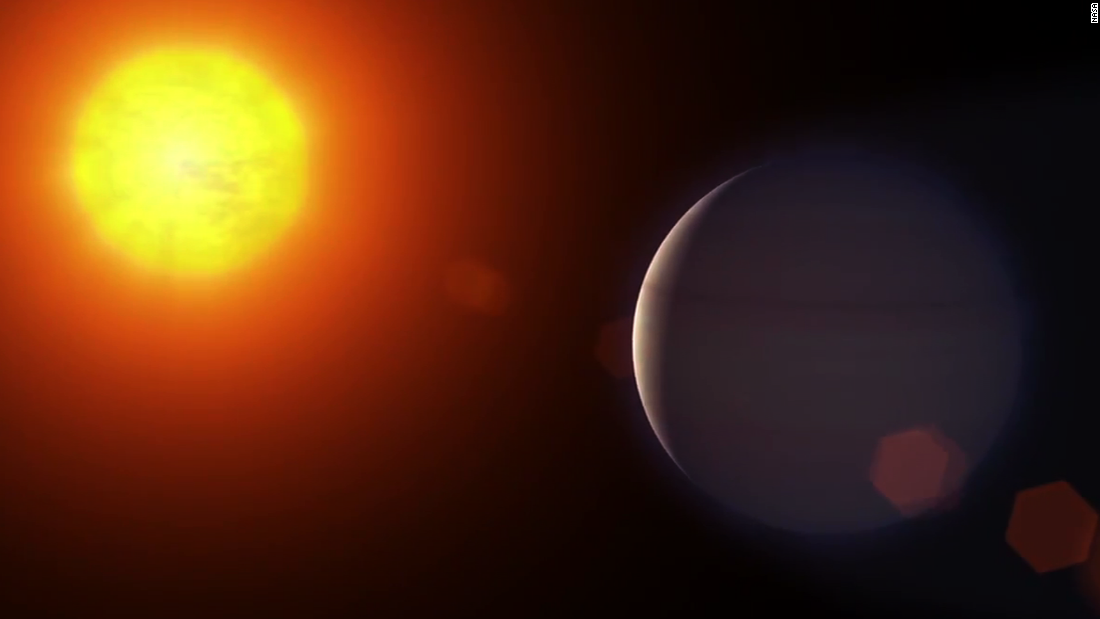For centuries, humanity has gazed at the cosmos with a sense of wonder and trepidation. The tantalizing possibilities of alien life forms captivate our imaginations and evoke profound questions about our place in the universe. NASA, the preeminent authority in space exploration, has taken significant strides towards uncovering the enigmatic depths of this inquiry. The fascination with extraterrestrial beings is rooted not merely in scientific curiosity but also in a deeper existential contemplation.
From ancient civilizations positing the existence of celestial entities to contemporary scientists employing advanced technology, the search for alien life has evolved significantly. NASA’s relentless pursuit involves missions to distant planets and moons, utilizing sophisticated tools such as the Mars rovers and the Kepler Space Telescope. These efforts serve to gather data on the potential habitability of other worlds, seeking an understanding of the conditions necessary for life as we know it.
A common observation in the discourse surrounding alien life is the dramatic projection of optimism; many proclaim that proof of extraterrestrial existence is imminent. This sentiment encapsulates a universal yearning for connection, underscoring a belief that we are not alone. It hints at a deeper psychological desire to understand life itself, to seek companionship beyond the binary confines of Earth, and to explore the moral and philosophical implications such encounters may hold.
The drumming pulse of this fascination is not merely aspirational; it is grounded in rigorous scientific methodology. NASA’s astrobiology division seeks to study extremophiles—organisms that thrive in Earth’s most inhospitable environments—as analogs for potential life forms beyond our planet. This exploration raises questions about the definition of life and challenges preconceived boundaries that govern our understanding of existence. If life can flourish in sulfuric pools or the icy crusts of Antarctica, why should we dismiss the possibility of life forms emerging on distant exoplanets?
As groundbreaking discoveries continue to unfold, such as the detection of organic molecules on Mars and the discovery of subsurface oceans on moons like Europa, enthusiasm burgeons. Each revelation acts as a stepping stone, leading humanity closer to uncovering its cosmic neighbors. Beyond scientific implications, these developments prompt profound philosophical reflections on human existence, interstellar ethics, and the potential for cosmic brotherhood.
The quest for alien life serves as a mirror reflecting our hopes and fears. It leads us to question our origins, our purpose, and the future of our civilization. As we venture into the vast unknown, NASA’s initiatives symbolize our unyielding optimism and relentless pursuit of knowledge. Whether we encounter life forms in the coming decades or remain solitary observers, the journey will undoubtedly enrich our understanding of the universe and ourselves.
